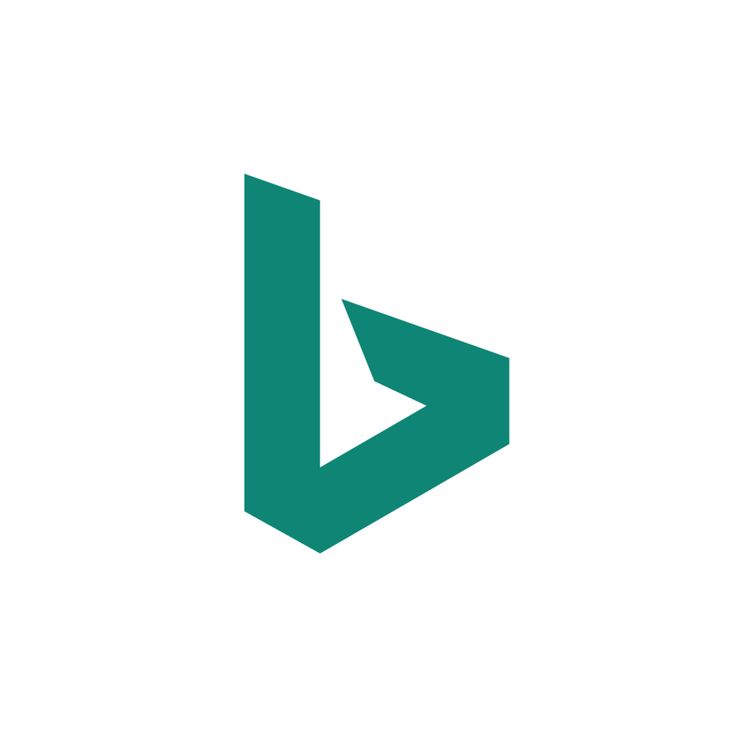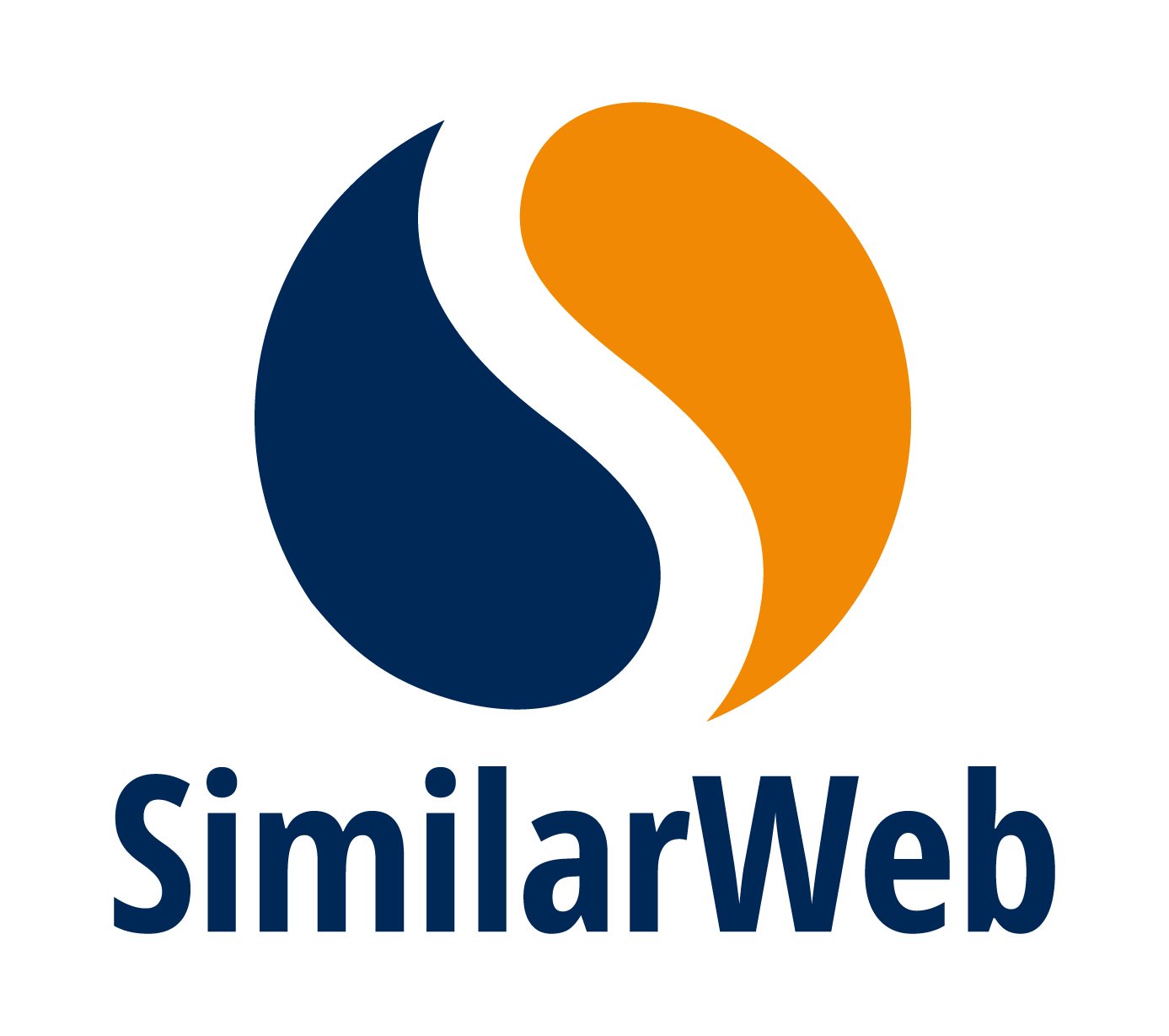







































Search engine optimization (SEO) software, also known as organic search marketing software, is designed to boost a website’s placement in search engine results pages or SERPs without spending on advertisement. These tools provide businesses, marketers, and SEO specialists with data using various features that help identify opportunities to improve the ranking of a website or specific web pages. Some SEO software solutions also provide broad industry analysis and competitor data that can help guide an overall search engine marketing (SEM) strategy.
SEO software addresses the following key optimization areas: site code and structure, onsite content, and offsite ranking factors. For the most part, SEO optimization solutions primarily measure two things:
Since their invention, search engines have changed how people seek out, find and consume information online. Conversely, the evolving digital behaviors of internet users have shaped how search engines optimize the results they show to ensure that their audience gets the best experience from their platforms. This is evident in how SEO has shifted over the years – from the “Black Hat” tactics of the past to the value-driven practice that it is today. With search engine algorithms in constant flux, businesses, brands, and organizations may find it challenging to keep up with current SEO best practices.
This is where SEO software comes in. Having readily-usable tools allows businesses to leverage technology to stay on top of their website’s SEO health without having to rely 100% on their stock knowledge and in-house expertise. Overall, it makes search engine optimization initiatives more effective and more efficient.
To drill down more specifically, here are the key benefits businesses need to consider when deciding whether or not to invest in SEO software.
It goes without saying that the main advantage of investing in SEO software is to rank better on search engine results pages (SERPs). Given that 3 out of 4 people will not browse beyond the first page of a search engine, SERPs ranking is extremely important to drive organic search traffic to a website. Whether an organization is in the B2B or B2C space, ranking high on SERPs is arguably the central goal of any SEO strategy.
This is because aside from the abovementioned benefit of increasing organic traffic from search queries, a significant SERPs placement has a halo effect on other important areas of marketing a business/brand online. For instance, websites/web pages that rank high on search engines boost credibility. This perceived authority leads to a higher level of trust, which means better converting traffic.
Another benefit associated with a high SERPs ranking is less dependency on paid advertisement, which means lower marketing costs.
Search engine optimization may have changed a lot. However, it is still, by and large, a keywords game. This is why businesses need to target the right keywords to achieve better visibility for their web properties.
SEO tools can make this process easier and more accurate. Aside from identifying high-volume keywords/keyphrases, SEO software mines the terms that a brand’s target audience uses in actual searches. Additionally, SEO software can further segment these keywords based on where customers are in the buyer’s journey.
In short, SEO tools narrow down a company’s target keywords so its website/content is seen by the right people at the right time.
Algorithm changes can cause a massive drop in a website’s SERPs rankings. Search engines impose penalties on non-conforming websites and the longer this issue is not addressed, the more its placement suffers.
Search engine optimization technology helps with this issue two-fold.
First, most SEO tool providers release a new software version to adapt to search engine algorithm changes. As long as a business is using the most recent version of SEO software, there’s less chance for these needed SEO updates to fall through the cracks.
Second, there are now SEO tools that use artificial intelligence (AI) and machine learning to anticipate possible upcoming search engine algorithm changes. This advanced search engine modeling technology also allows SEO specialists to see how an active algorithm change will impact the ranking of a website in seconds, not months. As a result, they can implement timely adjustments to preserve their ranking or take advantage of the ongoing change to boost their website’s placement.
SEO software can generate comprehensive reports that outline key web performance metrics that influence a site’s SEO health. These reports can be generated in seconds or can be set up as a dashboard that gets automatically updated. This allows web administrators, SEO specialists, and other team members to take necessary actions before a potential site performance issue escalates into a problem that might affect the website’s SERPs ranking.
The same is valid with rank tracking. Without SEO tools, a drop in a website’s ranking on search engines may go unnoticed for days. With up-to-date ranking tracking, those in charge of SEO in a business can take immediate steps to rectify the situation.
SEO has become a staple in any digital strategy regardless of business type, industry, and organization size. Chances are, the same businesses in the same space have SEO initiatives on their own. This is both “bad” news and “good” news.
The bad news: These businesses are likely targeting the same audience segments when they’re on search engines. As competition increases, it could be more challenging to rank higher for high-value, high-search volume queries.
The good news: Brands can perform comprehensive competitor research and access rich data to give them an idea of what’s working (that they can emulate), what’s not working (that they can avoid), and where the gaps are (which they can fill).
Competitor research typically takes a lot of time and resources, which is a need that SEO software addresses. Through a combination of data mining technology, search engine analytics, and website crawlers, SEO tools make competitor research faster and easier.
Anyone and everyone who wants to get organic traffic can take advantage of SEO software. As SEO tools evolve, providers add more features while making the technology more intuitive and foolproof, making them accessible to more users.
Specifically, SEO software is utilized by the following user segments:
As the people who are primarily in charge of the search engine performance of a business, SEO specialists use SEO tools on a day-to-day basis – checking reports, performing competitor research, conducting onsite and offsite optimization activities, doing keyword research, and projecting upcoming search engine algorithm changes, just to name a few.
When hiring SEO specialists, prospective candidates would often ask what SEO tools would be available to them when they come on board, highlighting the importance of having ample SEO tools for these professionals.
Even the best pieces of content will go to waste if they’re not found by their intended audience. It comes as no surprise that in many companies, SEO experts and content marketers work hand-in-hand. It’s also not uncommon for businesses to onboard content marketers with SEO experience.
Considering how closely intertwined the two disciplines are, it has become best practice for content marketers to familiarize themselves with SEO software. Utilizing SEO tools enable them to identify the exact queries that their target audience is using on search engines. This equips them with insights to create relevant content that people online will want to consume. It also provides the exact key phrases that they need to incorporate into their content.
Overall, SEO software empowers content marketers to create content both for humans and for search engines.
By now, it’s been established that SEO software can provide a wealth of data. When these insights are maximized to their full potential, they become an ocean of useful customer intelligence that marketing teams can use as a jump-off point in developing data-driven marketing campaigns.
For instance, popular search engine queries can help them identify important buyer desires and pain points that pave the creation of accurate customer avatars. Using SEO tools can also help marketers come up with well-informed offers at every phase of the buyer’s journey. SEO software can also help direct any local marketing efforts through local search data.
Independent content creators such as YouTubers and bloggers should not dismiss the value of SEO software in their craft. Similar to content marketers, content creators – professionals and hobbyists – can use SEO data to identify evergreen topics that they can use to develop their content pillars. SEO tools can also highlight trending/hot searches that content creators can piggyback on to take advantage of seasonal high-volume traffic.
Additionally, content creators need to pay attention to the introduction of snippet-rich SERPs. More than just the traditional links, these search engine results pages also show previews from social media channels. As most independent content creators/bloggers use social media as their primary channels to promote their brands, SEO software can help them create search engine-crawlable social posts.
SEO and e-commerce may seem like two unrelated concepts but in today’s omnichannel digital space, everything converges. It’s not rare for ready-to-buy customers to start their shopping with a simple search engine query. Search engines are also some of the go-to channels among customers in the awareness and consideration stages when researching and shortlisting possible products/services/solutions.
SEO software helps e-commerce store owners optimize their key pages (product listings, home page, landing pages, promo pages) for these search engine queries to attract organic traffic. Additionally, a shopping tab is now included in the SERPs of popular search engines. Products that are displayed on SERPs are more likely to get the attention of potential buyers.
SEO software vendors offer different functionalities, some are advanced over others, to cater to different customer segments.
Popular SEO software providers offer most, if not all, of the following basic features.
Every successful SEO strategy starts with a comprehensive audit to know what’s working and what’s not.
This feature generates reports that assess a website’s SEO health based on technical or content-based factors that might be affecting its search engine rankings. It mimics how search engine spiders would crawl a website to uncover any potential issues that search crawlers may have.
No SEO strategy will stand without sound keyword analysis/research. While there are standalone tools that perform this function, it also comes as a built-in feature in many SEO tools.
Performing keyword analysis is SEO expertise on its own. In the context of SEO tools, this feature gives SEO specialists the capability to identify high-value and high-volume keywords that businesses can target to drive organic search engine traffic to their websites. Depending on the strategy, this feature can be used to generate either broad-stroke keyword reports or granular keyword analyses based on demographic, visitor profiles, buyer behaviors, and other criteria.
This capability allows SEO specialists to monitor a website’s search ranking or specific web pages for a set of keywords. SERP rank tracking is important as it allows companies to track movements in their websites’ SERP rankings promptly. As SERP placements could be volatile, especially in the middle of algorithm changes, having ranking data easily accessible makes it easier for SEO experts to monitor movements and perform optimizations when needed.
This feature notifies businesses when their brand is mentioned on external websites/domains. This comes in handy for reputation management. For example, in the case of restaurants, this functionality alerts them when they get a negative review and allows them to respond appropriately. In a digital landscape where word of mouth can make or break a brand, opting for SEO software that has this feature can go a long way.
As mentioned in the previous section, competitor research is one of the key benefits of investing in SEO software.
Competitive comparisons enable businesses to assess their SEO health side-by-side with their competitors based on key metrics such as domain strength and authority, SERP rankings, and backlinking scores.
Typically, this process requires a combination of multiple SEO tools, significant manpower, and several days to complete. With modern SEO software, the process is simplified, streamlined, and easier. Comprehensive competitive comparisons can be done from a single tool and even without technical SEO skills.
Simply put, a backlink is an external link on a different website or domain driving traffic to a business’s website or web pages.
Backlink analysis is a comprehensive audit of a website’s backlinks to evaluate its performance and identify issues that might be affecting its search engine ranking.
There’s a wealth of actionable data that brands can derive from a backlink analysis. From a top-level view, this SEO software feature gives companies their total number of backlinks, referring domains, and top-linked pages.
More specifically, backlink analysis allows businesses to identify broken/lost links, disavow links from questionable designs, and check what backlinks their competitors are getting, just to name a few.
Aside from these core features, SEO tools may also offer additional features that equip search engine marketers with more data to use in their optimization activities.
Given the significant amount of traffic emanates from social media, SEO software that integrates social media functionalities can complement optimization efforts done on search engines.
Similar to SEO, keywords are the driving force behind social media marketing. Aside from identifying keywords that are relevant to users, social analytics can help social media marketers choose topics and themes with a high potential to trend.
SEO software with social analytics also gives companies the ability to assess social mentions as well as social backlinks that are relevant to SEO.
SEO and pay-per-click advertising are exclusive yet closely related search engine marketing disciplines wherein one feeds into the other. They are almost identical. The only difference is that SEO deals with increasing organic search engine traffic while PPC aims to get the best Return on Ad Spend (ROAS).
It comes as no surprise that PPC tracking is almost always packaged together with SEO software. It shows cost per click, cost per conversion, click-through rate, total costs, and quality score. PPC tracking functionality that is built into SEO software enables marketers to find high-volume, high-quality, and reasonably competitive keywords to that they can funnel advertising money.
SEO software with a local SERP analysis capability is vital for businesses catering to a local audience/customer base.
This feature enables brands to claim and optimize profiles on local listing sites and directories, earn and manage reviews on local review sites, target relevant local keywords, create location-specific web copy, show business information on local SERP snippets, and earn backlinks from authoritative local domains.
People Also Ask or PAA is a SERP feature that provides users with supplementary questions related to their original search query. Generally, the PAA section contains a featured snippet for the query and gives users quick answers that are linked to a website/webpage.
SEO software that comes with PAA options is a good source of keyword and topic ideas when performing keyword research. For content teams, PAA can provide additional blog topics or subsections within a larger article.
Most companies use SEO as part of a bigger digital strategy. Having the option to integrate SEO metrics into other data sources may be useful in identifying how different digital executions can work together to achieve their desired results online.
SEO solutions are some of the most evolved technology in the SaaS marketplace and most providers offer almost identical products, give or take a few nuances. That said, there are a couple of important considerations when deciding which SEO software to invest in.
The best practice when choosing SEO software is to take into account current and immediate future needs. Choosing SEO software that has a comprehensive list of features – whether these capabilities will be used right off the bat or not – would be the sound choice. Opting for a feature-rich SEO suite prevents businesses from feeling hard-pressed when unexpected SEO needs arise down the line.
SEO experts rely heavily on data to make decisions. The challenge is while there are mid-term and long-term patterns and trends, search engine numbers may fluctuate unpredictably. SERP changes (e.g. the growing prominence of featured snippets), minor and major algorithm updates, and shifting online behaviors all contribute to SEO volatility.
The logic is straightforward: accurate SEO data leads to well-informed SEO strategies and executions, which is why data accuracy is an important considerating when shopping for SEO software. While no SEO tool can be 100% correct in terms of data, businesses should perform due diligence to evaluate how providers ensure that they achieve the highest level of data integrity across their SEO software products.
Rank tracking could be a feature of SEO software as discussed in one of the previous sections above, but it could also be a standalone software. Essentially, a rank-tracking tool allows companies to monitor and analyze their SERP ranks for different keywords. Often, this process is automated wherein notifications are sent and data are summarized via an easy-to-read dashboard.
Content optimization is the process of ensuring that online content is written and formatted in a way that gives the best user experience while maintaining SEO-friendliness.
Content optimization software helps content creators and content marketers develop content with sufficient use of keywords, engaging and keyword-healthy headlines, use appropriate images and image tags, and write search-engine crawlable meta descriptions and title tags.
Content optimization software may use a mix of technologies such as artificial intelligence, machine learning, SEO automation, and semantic SEO.
With the use of search advertising software, businesses can target keywords that are pertinent to their industries, improve their exposure among consumers who are already searching for such terms, and get more prominent placement on SERPs. Companies use this kind of software to locate, target and bid on keywords. The software can be used for first-party and third-party platforms. Platforms provided by Google, Microsoft, and Yahoo! that provide direct access to ad placement on each of the respective search engines are known as first-party platforms. In addition to offering capabilities to deliver advertisements across display advertising software, video advertising software, mobile advertising software, or social media advertising software, third-party platforms may manage ad campaigns across different search engines.